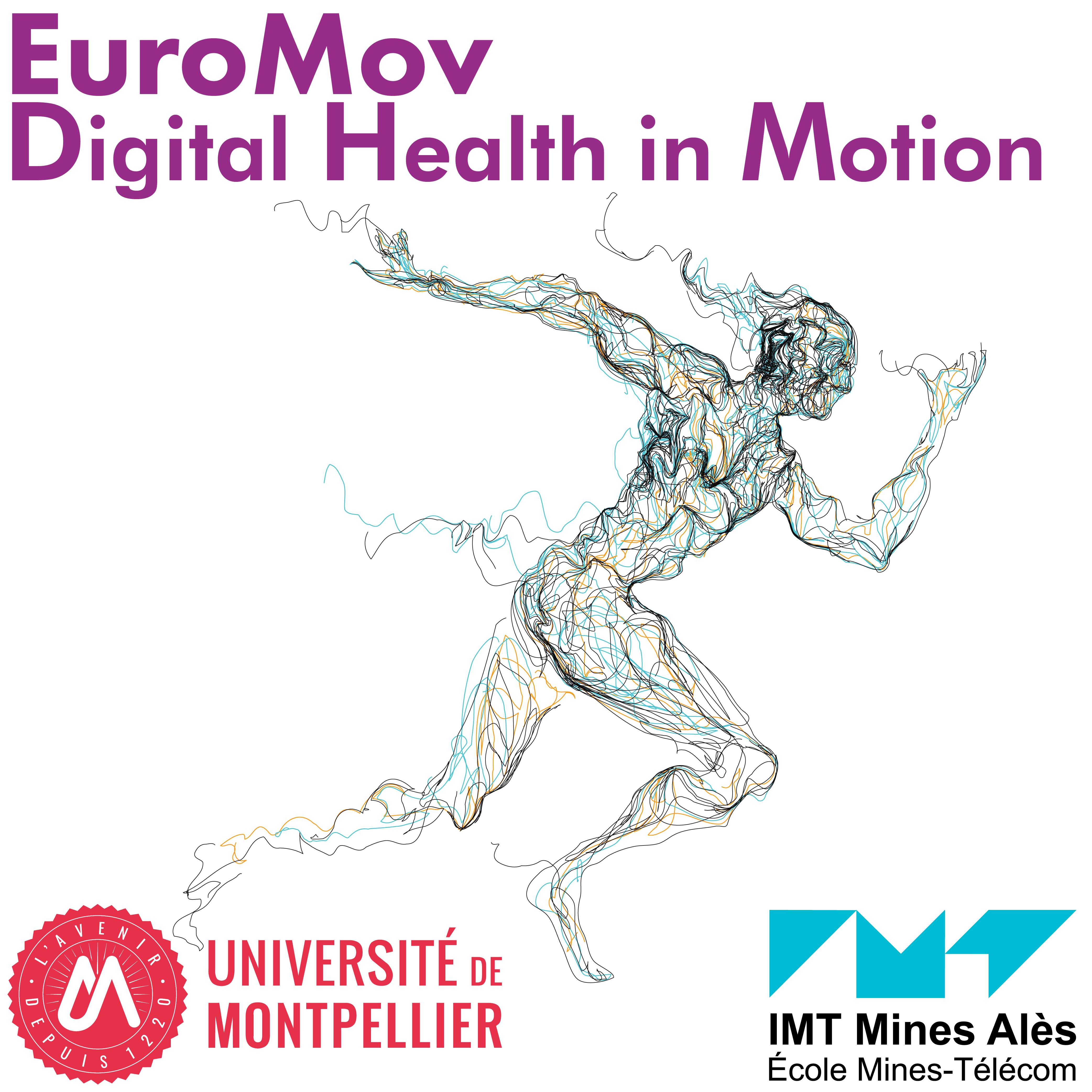
Interpersonal synchrony (SYNC) is a popular research topic considering its capacity in eliciting affiliative tendencies by blurring self-other boundaries. Theoretical models suggest an overlap between SYNC and empathic processes, yet empirical evidence is scarce. Virtual agents might offer new experimental tools to investigate this research question, yet their lack of social identities could impede their capacity for social bonding.
Using the Haken-Kelso-Bunz model of motor coordination, experimental manipulations investigated (1) the association between SYNC and empathy and (2) the association between SYNC and affiliative tendencies in the context of human-computer interaction.
Preliminary findings underline the beneficial role of cognitive facets of empathy on SYNC. In contrast, affective facets increase experiences of self-other overlap. Thus, facets of empathy participate differently in the phenomenological experience of SYNC. Furthermore, contrary to previous studies, SYNC decreases social-bonding and anthropomorphism tendencies, stressing the role of complexity and social identity in interpersonal motor coordination.
